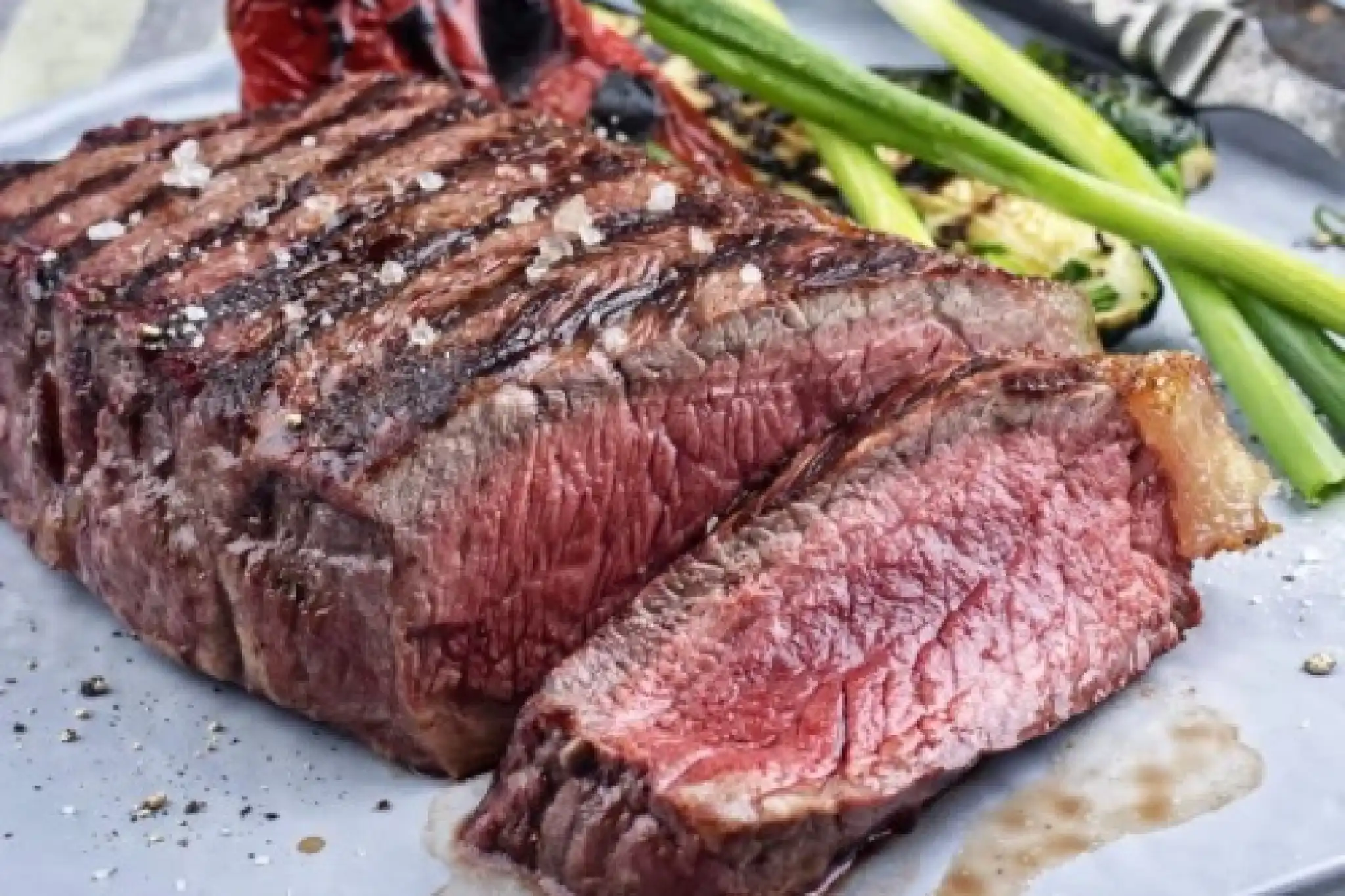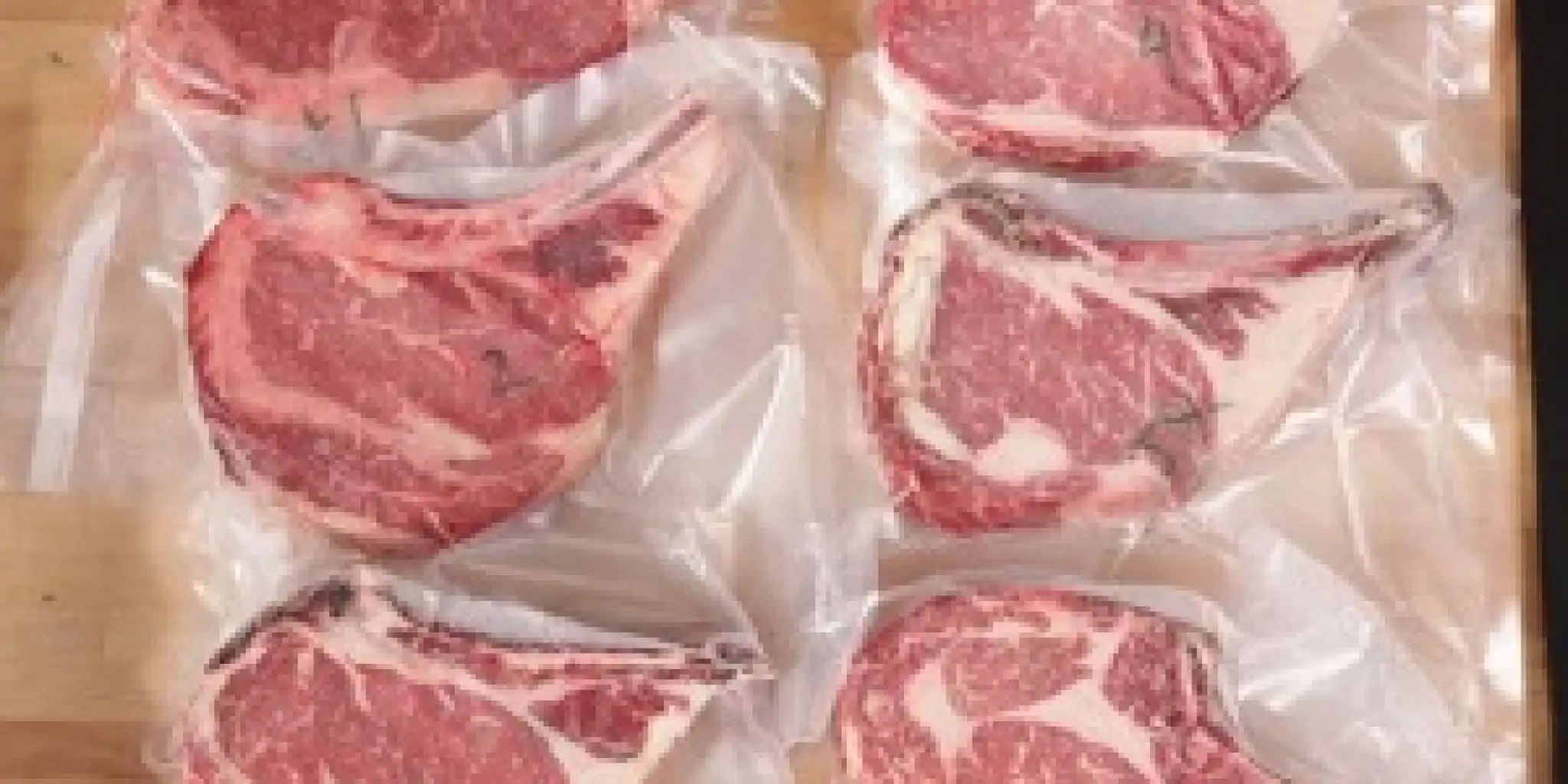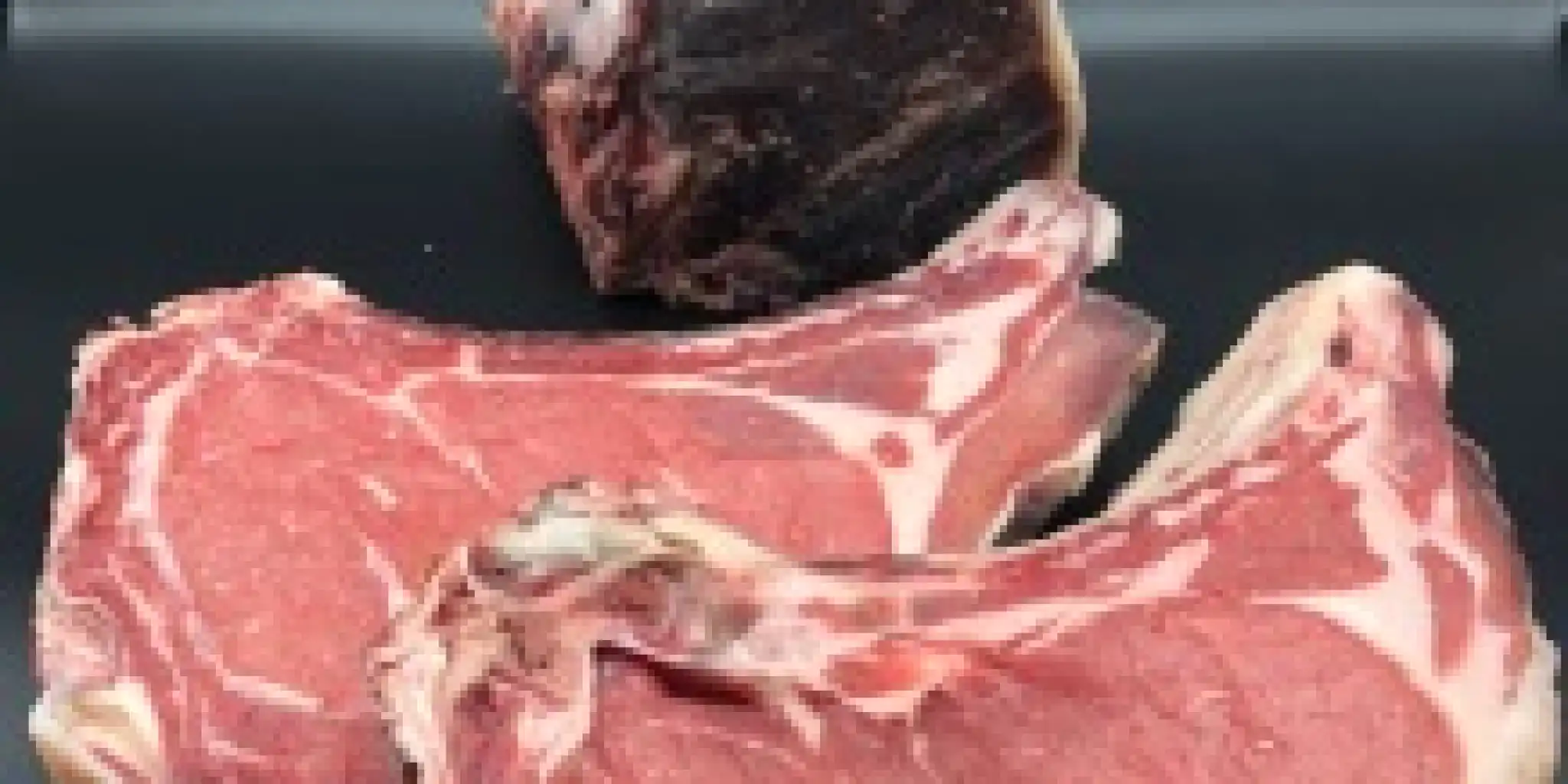EFSA: “Aged meat is no riskier than fresh meat”

Aged meat: EFSA’s opinion on safety
Original link: https://www.efsa.europa.eu/en/news/aged-meat-not-riskier-fresh-meat
(translation and adaptation by the GoodFood Consulting editorial team)
Aged meat, when held under controlled conditions, does not present greater risks than fresh meat: this is the conclusion reached by the European Food Safety Authority (EFSA) in its scientific opinion Microbiological Safety of Aged Meat, adopted on 6 December 2022 and published on 19 January 2023.
Aging is a form of maturation during which enzymes naturally present in meat act on muscle and connective tissue, making the meat more tender and thus palatable. Without adequate aging, even prime cuts would be tough unless cooked for a long time — boiling or stewing — methods usually reserved for less valuable, more connective-tissue-rich cuts.
Let’s be clear: all meats offered to consumers are aged to some extent, since muscle hardened by rigor mortis must tenderize. Beef typically needs 10–20 days; chicken, rabbit and turkey require only about three days, often less. In recent years, further aging has become popular, bringing meat to a maturity that amounts to true “aging”, hence the common English term aged meat.

Wet ageing and dry ageing: techniques and pathogens considered
EFSA focuses in particular on the potential risks linked to “long ageing”, now common beyond niche connoisseur circles because — compared with “short ageing” — it enriches flavour.
Two main techniques are used: wet ageing, applied mainly to beef, pork and lamb; and dry ageing, generally reserved for beef. In wet ageing, meat is refrigerated under vacuum and retains its initial moisture. In dry ageing, meat is refrigerated unpackaged, gradually loses moisture and develops a dry outer surface.
The long-established habit of consuming long-aged meat in countries such as the United States has not dispelled practitioners’ doubts. As Kostas Koutsoumanis — Chair of EFSA’s Panel on Biological Hazards (BIOHAZ) — explained, the opinion published in January fills a gap by providing a scientifically grounded study to give food business operators clear guidance for effective, safe ageing.
EFSA experts considered current techniques and identified pathogens and spoilage organisms that could proliferate during ageing, including Escherichia coli, Salmonella spp., Staphylococcus aureus, Listeria monocytogenes, Yersinia enterotoxigenic spp., Campylobacter spp. and Clostridium spp.
Safety parameters and applying HACCP
The study examined time–temperature combinations during ageing and identified a range where risk is no higher than for fresh meat. In short, aged meat can be considered as safe as fresh meat if ageing does not exceed 35 days at ≤ 3 °C.
EFSA experts also note that at higher temperatures — especially in dry ageing — surface moulds may form and, with them, mycotoxins of concern to human health.
EFSA confirms that good practices set out in systems such as Hazard Analysis and Critical Control Points (HACCP) for fresh meat safety also apply to aged meat.

Conclusions: delicious trend, but clear rules are needed
In conclusion, long ageing makes meat highly flavourful and gastronomically appealing. Steak lovers are increasingly exploring this world, as seen in the growth of specialist restaurants proudly displaying their ageing cabinets.
However, as EFSA highlights, a chilled display is not enough to control the process: you also need formal parameters within a robust HACCP self-control plan.
Finally, as EFSA indicates, beyond 35 days operators must be ready to demonstrate — via specific studies — the validity of the ageing process used in each business, to safeguard public health.
Aged meat is trendy, growing, and exceptionally tasty; it must nonetheless be managed correctly to avoid risks to consumers.
For more information on food safety rules and the best ways to ensure them, feel free to contact us and book a completely free online consultation!
Sources:
https://efsa.onlinelibrary.wiley.com/doi/epdf/10.2903/j.efsa.2023.7745
https://www.efsa.europa.eu/en/news/aged-meat-not-riskier-fresh-meat
https://www.efsa.europa.eu/en/science/scientific-committee-and-panels/biohaz


